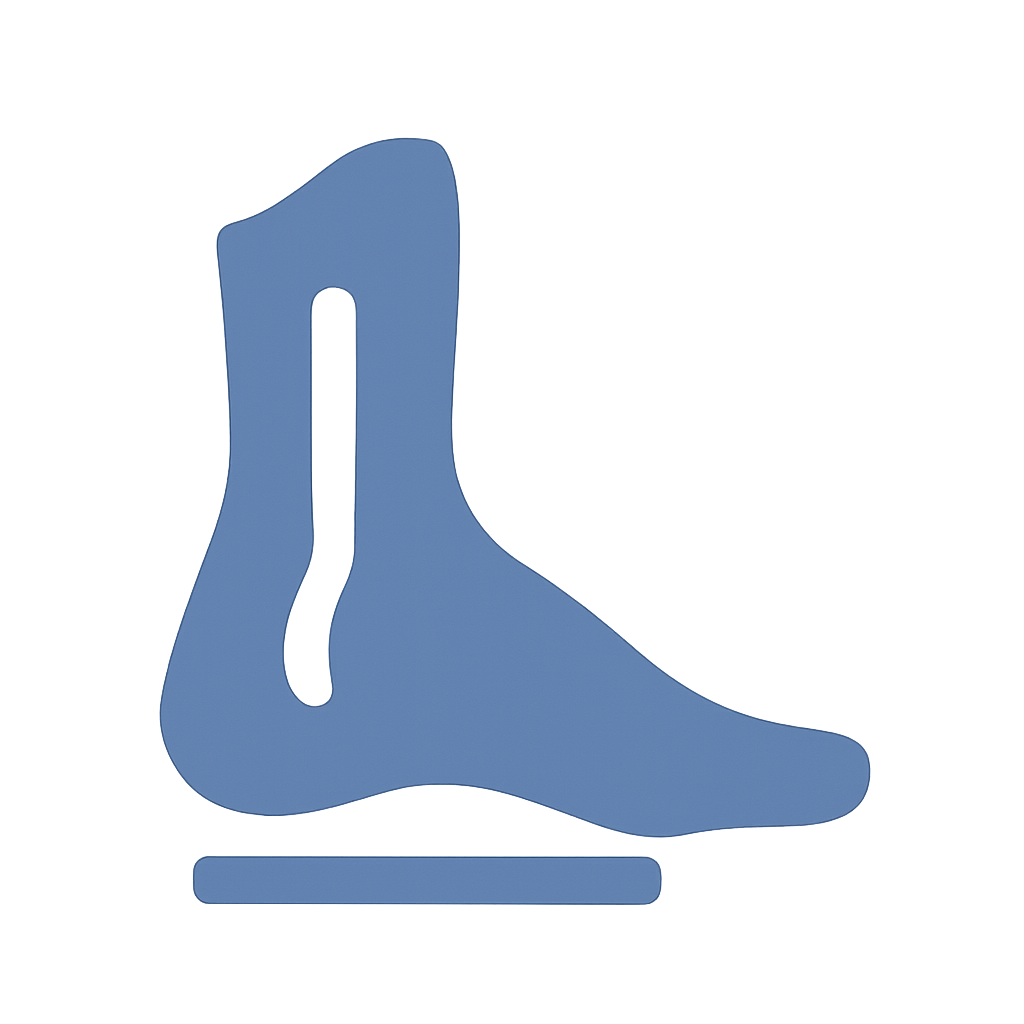Introduction
Living with diabetes requires careful management of many aspects of your health, including proper foot care. For residents of Poplar Bluff and surrounding communities, accessing specialized diabetic footwear has traditionally been challenging—until now.
Why Diabetic Footwear Matters
Diabetes can cause nerve damage (neuropathy) and poor circulation in the feet, making them more susceptible to injuries, ulcers, and infections. Proper footwear designed specifically for diabetic patients plays a crucial role in preventing these complications.
Diabetic shoes are constructed with:

Extra depth and width to prevent pressure points

Seamless interiors to reduce friction

Cushioned soles for shock absorption

Supportive features for proper alignment
Custom insoles work alongside these shoes to distribute pressure evenly across the foot, further reducing the risk of ulcers and injuries.
The Access Challenge in Our Community
Until recently, patients in Poplar Bluff and nearby areas faced a significant obstacle to obtaining proper diabetic footwear: travel distance. Most patients needed to travel more than two hours to access these specialized services.
This travel burden created several problems:
- Additional costs for transportation
- Time away from work or family
- Physical discomfort during long trips
- Postponed or missed appointment
Ozark Total Healthcare in Poplar Bluff now offers these specialized services locally eliminating the need for extensive travel and making proper foot care more accessible.
Insurance Coverage for Diabetic Footwear
One common misconception is that diabetic shoes and custom insoles are prohibitively expensive. The truth is that these items are covered by most insurance plans, including Medicare, when properly prescribed.
However, there is a specific ordering process that must be followed:
- The prescription must come from a physician who treats your diabetes
- A comprehensive foot examination must be documented
- The correct billing codes and documentation must be submitted
The Awareness Gap
Despite the importance of proper footwear and its availability through insurance, there remains a significant awareness gap. Many patients simply don’t know that:
- They qualify for diabetic shoes
- Insurance will cover most or all of the cost
- These specialized shoes can dramatically reduce their risk of foot complications
Equally concerning is that some healthcare providers are not fully informed about the prescription process or the importance of appropriate footwear for their diabetic patients.
How Ozark Medical Equipment Is Making a Difference
By offering diabetic footwear services in and around Poplar Bluff, Ozark Total Healthcare is addressing both the access problem and the awareness gap. Our team works directly with patients and their physicians to ensure the proper prescription process is followed and that insurance coverage is maximized.
Taking the Next Step
If you or a loved one has diabetes, talk to your physician about whether diabetic shoes and custom insoles would be beneficial. If your doctor agrees but isn’t familiar with the prescription process, have them contact Ozark Total Healthcare for guidance.
Don’t let distance or lack of awareness prevent you from accessing the specialized footwear that could help protect your feet from serious diabetes-related complications.
Frequently Asked Questions
A physician or nurse practitioner believes the illness will likely lead to death within ≈ 6 months if it follows its normal course.
No. The doctor can recertify the terminal condition, allowing hospice care to continue for as long as needed.
Repeated hospital or ER visits, rapid health decline, or rising need for pain/symptom control are common indicators.
It means shifting from cure-focused interventions to comfort-focused care (pain relief, symptom management, emotional and spiritual support).
Ask the physician for the certification, then contact a local hospice provider to arrange an intake visit and care plan.
Yes. Hospice can be revoked at any time to pursue curative treatment, and reinstated later if the patient re-qualifies.
Medicare Part A, most private insurers, and Medicaid typically cover hospice at little or no out-of-pocket cost.




